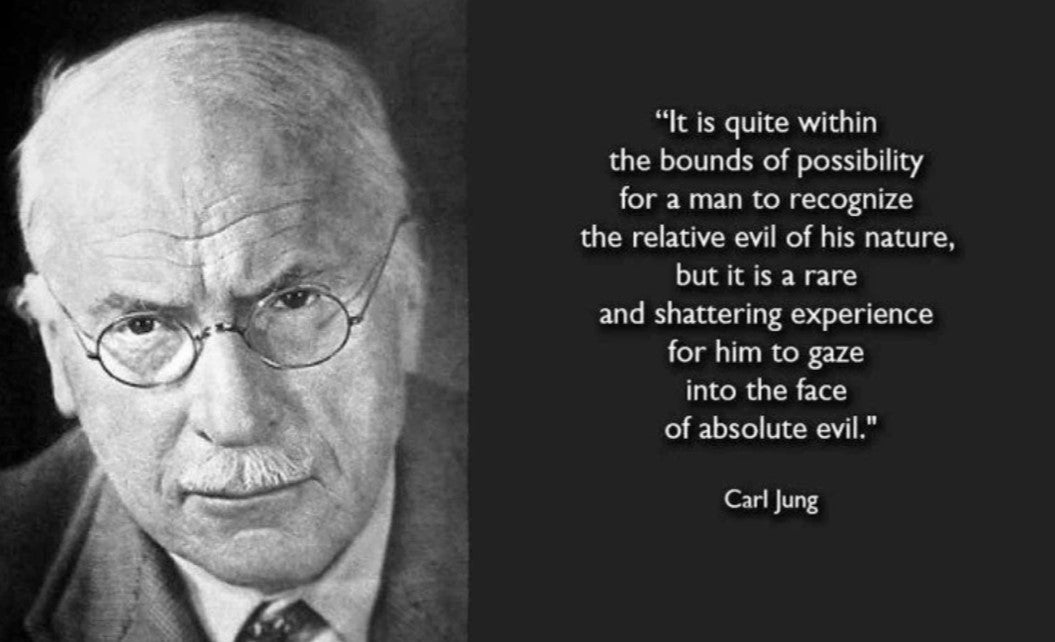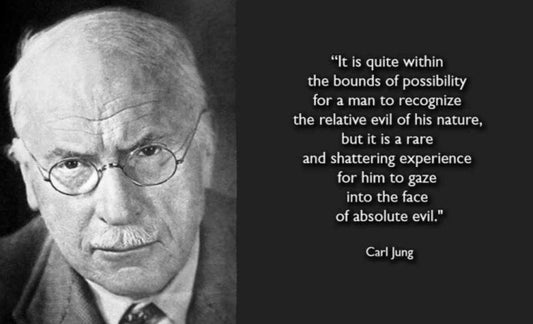
Jung's "Shadow" and Lucid Dreaming
Jack DelamaterShare
The shadow (also known as the id or shadow archetype) represents the parts of our identity that we try to disown by shoving to the back of our minds. These aspects can be any trait or quality that we wish to distance ourselves from, such as hypocrisy, stubbornness, aggressive traits, depressed moods, as well as generally "dark" personality traits. Not only do we attempt to relinquish ourselves of these aspects, but oftentimes we successfully clear these aspects from our conscious minds. These aspects are far from removed from the totality of our minds however; whatever we choose to hide from ourselves will only grow larger and denser in our subconscious. These hidden aspects of ourselves manifest in many counterproductive ways, though mainly through the medium of projecting these qualities onto other people.
If one can find a way to integrate aspects of their shadow into their conscious minds, then it is possible to take back control from these mysterious internal forces which dilute the free-will of the present moment.
Everybody is different and everybody has different aspects of themselves in their shadow. For instance- one person may not be an attentive listener while at the same time considering themselves an excellent communicator. Since this quality of social impatience is present in their minds, and they wish not to attribute it to themselves, they must project this quality on other people in their life in order to apply their qualities onto something external. This dynamic manifests by this person getting more bothered than they otherwise would by somebody else exhibiting the traits of a bad listener. This action functionally settles their cognitive dissonance related to their self-appraisal and actions, though it does so in a destructive way that creates tension between people and reinforces non-integration of the shadow.
Carl Jung was a Swiss psychiatrist and psychoanalyst who took great interest in elucidating the unconscious aspects of the human mind. He focused heavily on dreams, which he believed to be one of the rare means of direct access to the unfiltered subconscious. The ability to swim through one's own mind without filter can allow aspects of the shadow that were previously hidden to become apparent. The dream world creates great insight into self-development and can allow one to integrate their subconscious effectively and quickly.
Lucid dreaming is the act of dreaming while fully aware in the sense that the dream world feels equally, if not more, vivid than waking life, while retaining a fully lucid and aware mind. Basically, its like you vividly wake up inside your dreams. Having this extra layer of control while exploring one's own subconscious can prove to be an indispensable tool in terms of integrating aspects of our shadow.
One thing I do while lucid dreaming is ask questions to my fellow-dream characters. Before attempting to lucid dream, I think about potential questions about internal concepts and dynamics that I don't fully understand. Upon becoming lucid I ask these questions to the characters around me, and more often than not, I am given some sort of insight or perspective that I previously failed to find.
If you have trouble with lucid dreaming, there are a few techniques that are universally known to lead you to an unforgettable experience. Many people perform dream checks throughout their waking life with the hopes of performing a dream check while asleep and becoming lucid as a result. Dream checks can be as simple as recounting how you got to the place that you are. For instance, "what was I doing before I got to this bagel shop".
Another option is to utilize herbs known for enhancing dreaming. Popular herbs for this purpose include Mugwort, Calea Zacatechichi, and Blue Lotus. When these dream-enhancing herbs are smoked or drank as a tea, these herbs assist in producing vivid dreams with higher rates of dream recall and lucidity. These herbs all have a long history of use and science is just starting to understand how they function. Perhaps further research into how these dream herbs work could help elucidate the science and function of dreams as well.
Another extremely effective way to start lucid dreaming is to simply write in a dream journal every morning after waking up. Even if you only remember one small detail- make sure to write it down. Writing your dreams down will flex that recall muscle and over time will greatly improve the vividness and realism of your dreams.
Integrating the shadow is not just some hypothetical philosophical concept with no practical uses. Working to integrate the shadow allows one to have a deeper and more holistic relationship with one's own mind, while proving to be an incredibly rewarding process. There is nothing to fear but fear itself, and at the end of the day, its all love :)
So what are you waiting for? Do some lucid dream practices and integrate that shadow!
Jack Delamater
The Dream Joint


